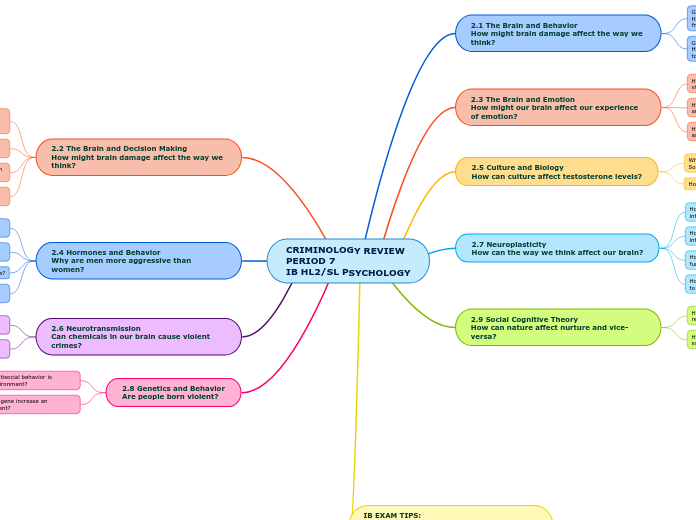par Clay Stidham Jr Il y a 5 années
802
CRIMINOLOGY REVIEW PERIOD 7 IB HL2/SL PSYCHOLOGY

par Clay Stidham Jr Il y a 5 années
802

Plus de détails